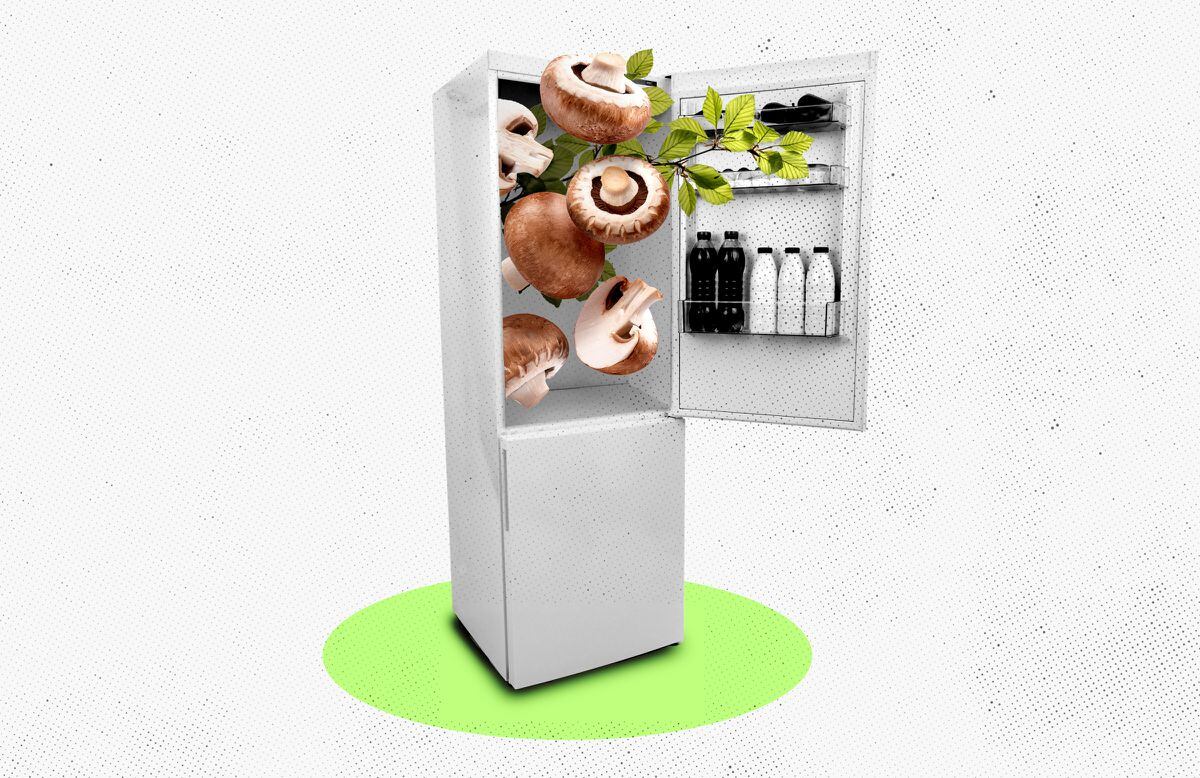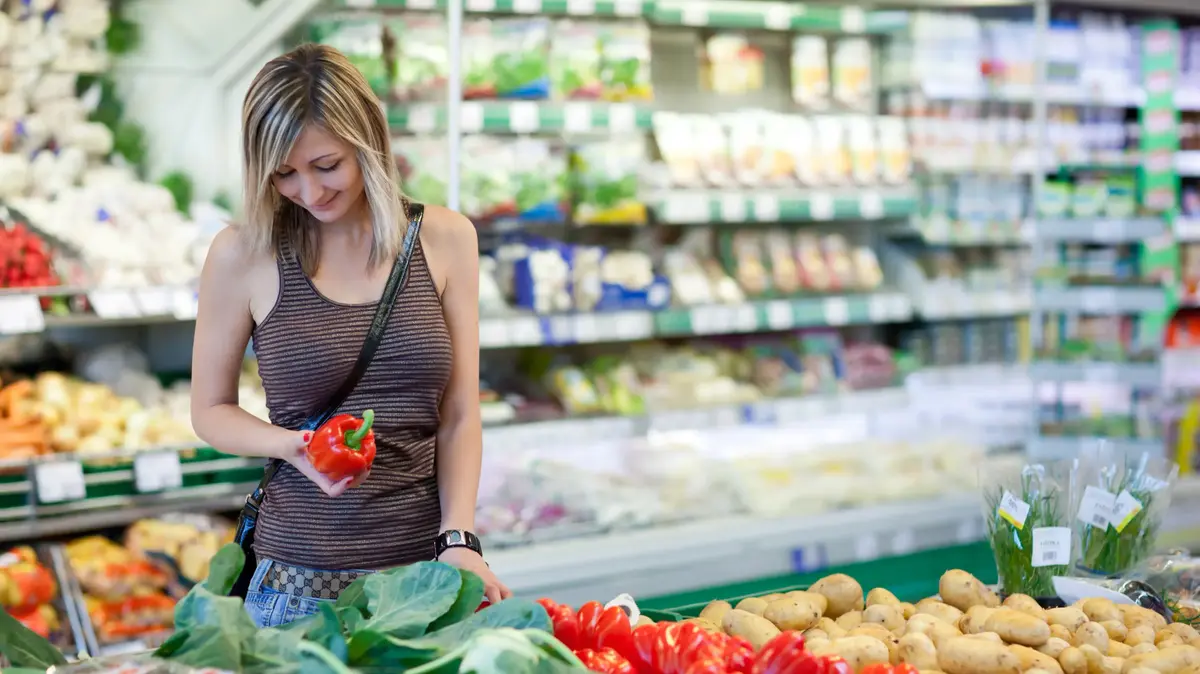Eating is merging with nature and this, of course, is easier to observe when you live in the mountains and you are a badger. In its smallest, clearest and simplest sense, cooking is nothing more than the action of preparing the ingredients to be eaten, and we do it because none of us are wild goats, snails, or caterpillars, and we cannot simply stop to nibble on the first twig or leaf that we see sprouting in a margin or a parterre. Neither in the cities there is grass for everyone, nor are our digestive systems prepared for that.
Being far from the mountain, our action of feeding ourselves begins by collecting ingredients from the natural environment, taking them home and, there, storing them, to finally cook them, eat them, and return the metamorphosed remains to the environment so that they are of benefit to another living being.
More informationRestaurant Ricard Camarena, a cuisine that deserves the 10
The distance at which we live from that natural environment will determine how complex the mechanism has to be that encompasses each and every one of the intermediate steps that go from when a stem is uprooted in a remote field until someone takes a bite of a slice of bread with tomato at dinner time. But our agri-food system is nothing more than a complicated version of what a goat does from the moment it glimpses a branch of durillo until it gnaws its bark, and cooking is nothing more than putting into operation a kind of external digestive system that transforms what the earth offers and makes it easier to assimilate inside. Cooking integrates us into the great food system that is Nature, makes us porous to it, this immense network of relationships in which everything is susceptible to eating or being eaten.
The remoteness of the mountain, the uprooting of the natural world, can be physical, if we live in a big city, for example, and food must necessarily be transported to us over long distances; Like mental, because you can live in the countryside based on ultra-processed products manufactured on the other side of the world, while the neighbor next door grows tomatoes and zucchini.
And it occurs to me that the path towards a more sustainable agri-food model may not be so much that of torches, the dismantling of large metropolises and the return to direct contact with the natural environment in loincloths, as that of remembering who we are and imbuing ourselves, when approaching the task of feeding ourselves, with the state of mind of the one who enters the forest humming and with a basket hanging from his forearm.
And it is that the forest is in a way that one has to be willing to enter it in search of mushrooms and leave happy to have found asparagus, because there is no other. The forest cares little or nothing what one wants, goes its own way, flourishes, grows and forms based on its own circumstances and synergies, and there is no better bath of humility for a specimen of average human, raised in the mental framework of "ask and it will be given to you", than to go in March for morels and be condemned to return with little more than green pineapples and a bouquet of fennel. for fish soup. There are Aprils without asparagus and Februarys without almond blossoms.
The mirage of being at the top of a food chain vanishes at a stroke when one finds, one Sunday morning, sadly perched on a rickety tree during the fortuitous encounter with a female wild boar just born. In that context, it is amazingly easy to feel like a walking sack of ingredients, no matter how much we continue to insist obsessively and neurotically on putting a plastic, a screen, an artificial and palpable distance, between us and everything that can remind us that under the cement is the earth and that from it we come and to it we will return, whether we like it or not. And we will be eaten.
What would it be like to go to the market like someone who goes to the forest, abandoning the capricious, medieval and anthropocentric "I want", typical of the tantrums of childhood, which sees in nature a kind of pantry at its service, to exploit and squeeze; and embrace the "what can I do with what I have found", putting oneself in a position to do as much as possible with what the nearby nature offers? What would it be like, by the way, not to give up letting ourselves be surprised?
I have always found curious this widespread custom of leaving home with a shopping list made. Beyond wardrobe items and non-perishable products. How can I decide which vegetables to buy without having seen what the nearby farmer has collected? How do I know before I walk out the door which fish I am going to have for dinner if I do not know what the fisherman has brought in his boat? Swimming in reflections of this type come to mind Ricard Camarena and his last presentation at Madrid Fusión: "What to do with 50 kilos of orange rinds or 19,000 kilos of pumpkin harvest that have not come out as sweet as they should be?", "Our main purpose is that the projects are sustainable and for this we do not have to do what we would like, but to work with what we have." This phrase seems to me to be very powerful.
Camarena is one of the few great chefs on the international scene who has truly understood that being sustainable does not mean having a garden in the backyard of the restaurant, but being at the mercy of the garden around you, of the producers around you; that in phone calls to the provider there has to be time for a list of requests, yes, but also time to listen.
As far as sustainability is concerned, it is not enough to agree with the idea of buying local products. It is necessary that this "I want" be less rigid and dictatorial. You have to go to the market inflamed with emotion and capacity for surprise, undertake the task of feeding yourself with the spirit of someone who goes for a walk in the woods with a basket hanging from his forearm. Cooking is taking a walk in the woods






